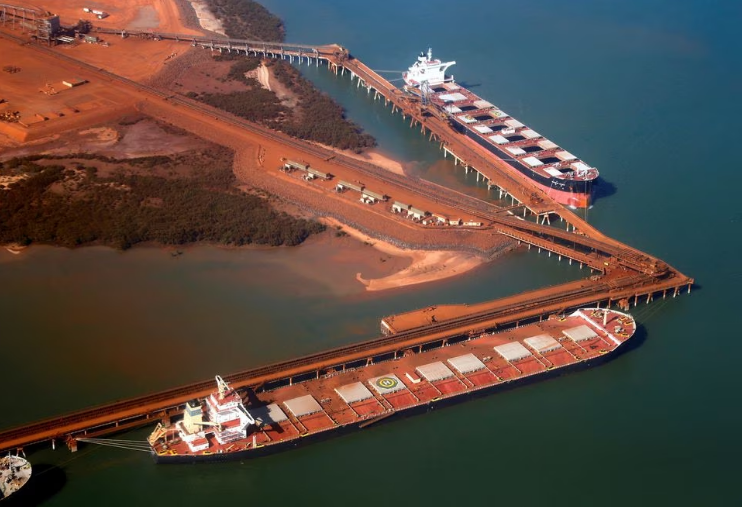SYDNEY - Australia's northwest region, home to the world's largest export hub for iron ore, could be hit by the most powerful tropical cyclone there in a decade as ports cleared ships and residents rushed to stock up on essential supplies.
Cyclone Ilsa, located about 300 km (186 miles) off Australia's coast in the Indian Ocean, was on Thursday morning upgraded to a category four storm - one rung below the strongest category five.
It is now expected to make landfall as early as Thursday night, packing winds of up to 275 km per hour (171 mph), the Bureau of Meteorology said.
"They've got a lot of strength in them, the ability to not only destroy trees and knock down power lines but lift up those loose items in the yard, including trailers and caravans," meteorologist Miriam Bradbury told ABC television.
The weather bureau said in its latest update Ilsa could impact a 600 km sparsely populated stretch from just north of Port Hedland eastwards to just south of tourist town Broome.
Port Hedland is the world's biggest export point for iron ore and is used by BHP Group, Fortescue and billionaire Gina Rinehart's Hancock Prospecting. Rio Tinto exports out of Port of Dampier, which lies to the west of Port Hedland.
The weather bureau said Port Hedland may be spared by "the very destructive core of Ilsa" but winds with gusts of up to 155 km per hour could still lash the mining town.
It will be the strongest system to hit the country's far northwest region since Cyclone Christine crossed the coast in December 2013, weather bureau forecaster Jessica Lingard said.
BHP in an emailed response said it was closely tracking the cyclone but its mining and rail operations were continuing. A Fortescue spokesperson said it had suspended shipping operations and non-essential travel to the port but it did not expect "any significant impact to our operations at this stage".
A yellow alert, which orders residents to be ready to shelter from a cyclone, has been issued for several remote towns. The alert covered Port Hedland, where the majority of the 15,000 residents are employees of mining companies.
Some shelves in supermarkets have been stripped bare, local media reported, with essential supplies like bottled water, fruit and meat in huge demand.

















































